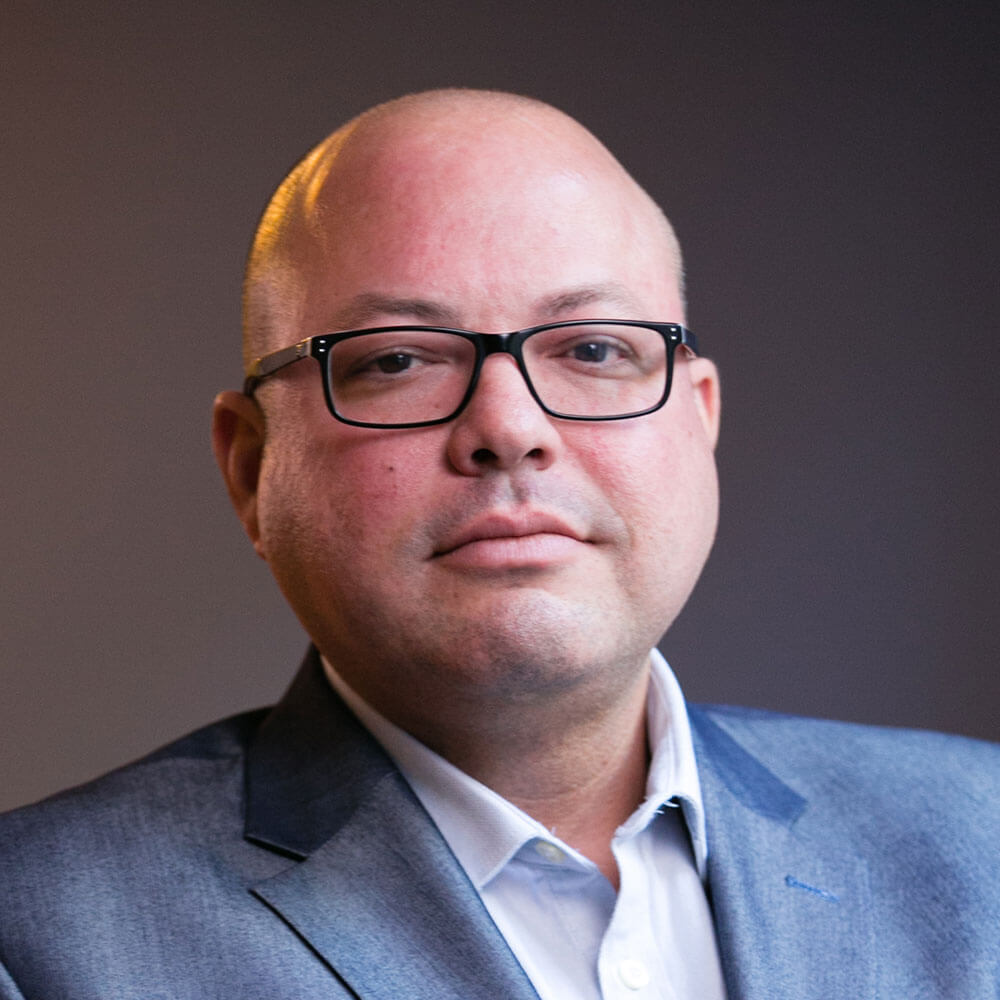Posted March 24, 2021
By Ray Blanco
Meet Your New Doctor
Paging Dr. T-800
Medical care is about to undergo a drastic change. And that change could unleash a mountain of profit opportunities for investors today
Meet the changing face of health care around the world:

What he lacks in bedside manner, he makes up for in fast charging times.
Jokes aside, artificial intelligence truly is changing the landscape of health care in more ways than one. A couple of weeks ago, I told you about some of the challenges that folks were having in implementing AI solutions to health care problems.
For example, GPT-3, the current state-of-the-art in language-generation AI, has some less-than-ideal quirks. During a test to see how well the AI model could work as a medical chatbot, GPT-3 told a hypothetical patient to kill themselves.
Whoops!
Hearing that sort of thing might give you the impression that were still a very long way off from seeing AI take a big role in health care but thats not true either.
Were already seeing AI move into serious health applications today and thats only going to increase in the years ahead.
One place where AI has been changing the landscape has been in radiology.
Radiologists are the doctors who specialize in diagnosing and treating injuries and diseases using medical imaging like CT scans, ultrasounds and MRIs.
It turns out that AI is actually more accurate in spotting problems in many cases than radiologists. Big tech companies are investing heavily in this space. Google Health recently found that AI was better at screening mammograms for breast cancer than radiologists.
Other studies have shown AI is good at detecting lung nodules on CT scans or spotting pneumonia on a chest X-ray.
The appearance of this system marks the beginning of the end of the practice of diagnostic radiology, said one radiologist in an article published in 2020.
That tech is making its way into clinical care. Around a dozen AI algorithms related to medical imaging were cleared by the FDA in 2018 and 2019, up dramatically from the one or two that typically made it through the process in a typical year
Last year, that number skyrocketed to more than five dozen FDA-cleared AI algos.
To be clear, this tech isnt replacing physicians (not yet anyway). Instead, its a new diagnostic tool to help docs spot things they might otherwise have missed. But were clearly moving in a direction where AI plays a front-and-center role in health care.
This spells a big opportunity for investors paying attention today.
Among the big tech companies, Google in particular has been investing heavily in leveraging AI for clinical health care. Its funding whole teams and university labs devoted to bringing AI into clinical care. And itll also be one of the big beneficiaries if this takes off.
Another interesting way to play the trend with instant diversification is with a health-tech ETF like the Robo Global Healthcare Technology & Innovation ETF (NYSE: HTEC).
AI-centric health care isnt science fiction its right around the corner. And as health care costs continue to climb, its a hotspot for innovation and investment right now.
Sincerely,

Jonas Elmerraji, CMT

